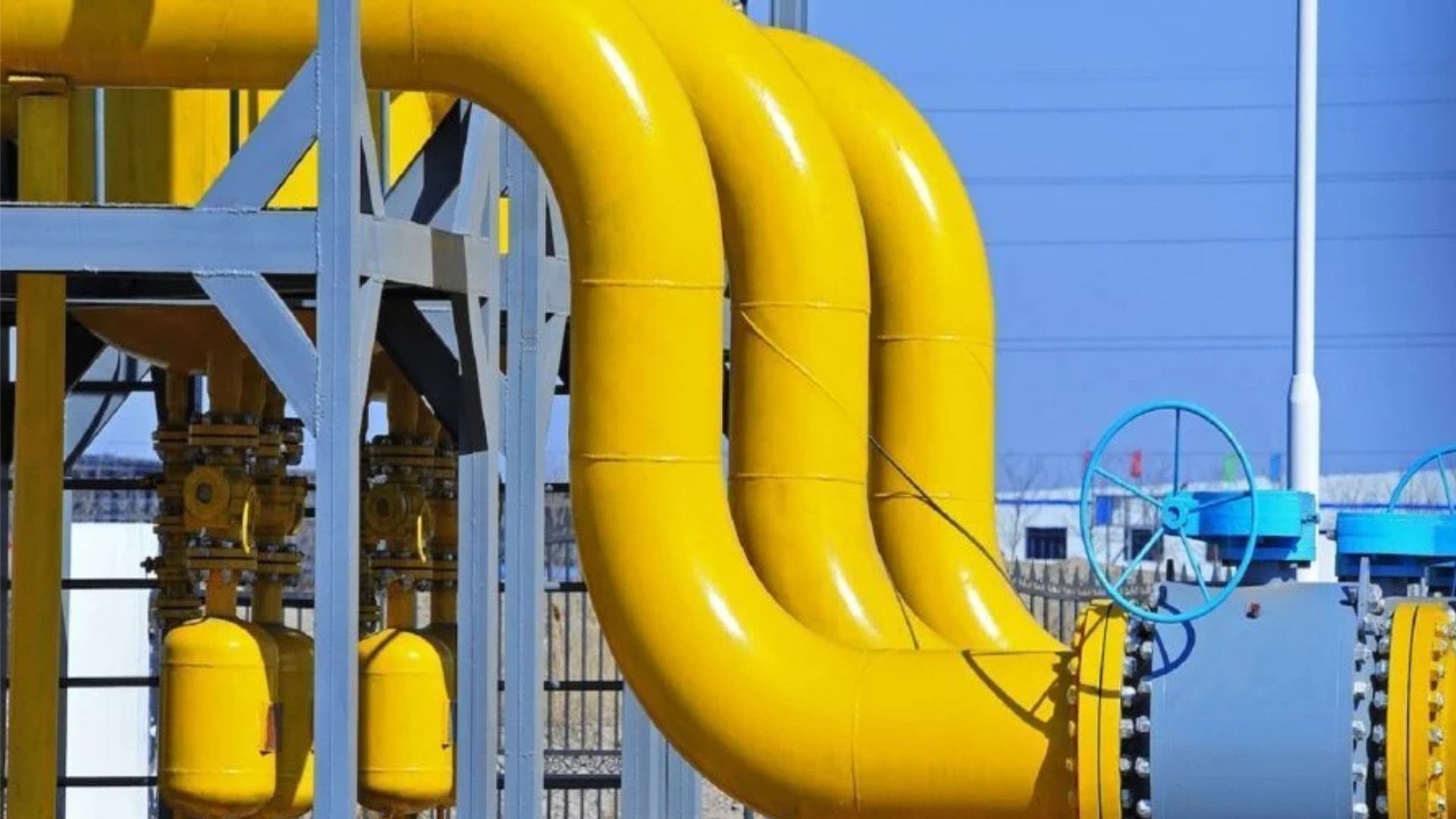COVID-19's Devastating Impact on Nigeria's Oil Industry and the Urgent Need for Resilience
- Nigeria | 16 July 2020

The COVID-19 pandemic has wreaked havoc on Nigeria’s economy, suspending commercial activities and causing a recession, devaluation of the Naira, and dwindling foreign exchange reserves. The oil and gas sector, heavily reliant on global crude prices, has been hit hard, leading to job losses, project cancellations, and reassessments of future investments. As the industry grapples with these challenges, stakeholders emphasize the need for strategic actions to protect the economy, such as diversification, regulatory reforms, and investment attractiveness.
Service companies in the oil and gas sector are facing significant complications due to the pandemic. Rig contracts are being terminated, projects are deferred or canceled, and clients are demanding discounts on existing contracts. The lockdown measures and movement restrictions are hampering crew changes, maintenance, fuel and food supply, and cash flow due to delayed invoice payments. Without necessary support from the government, these service industries face long-term struggles.
Nigeria’s economy, heavily dependent on global crude prices, faces contraction as government spending shrinks and federal allocations to sub-national units diminish. The COVID-19 pandemic compounds the existing uncertainty in the regulatory climate, placing additional pressure on upstream players. Downstream players may benefit from a drop in domestic fuel prices, while gas players face challenges in an adverse export market and insufficient domestic consumption.
To navigate these challenging times, stakeholders propose several strategic actions. De-regulating the downstream sector, implementing fiscal policies to attract investments, and planning the full privatization of refineries are highlighted as bold steps toward economic recovery. The importance of local content is emphasized, as it ensures business continuity, revenue streams, and the operational integrity of essential oil and gas infrastructure.
Companies like Dorman Long Engineering Limited have taken measures to protect staff welfare and ensure business continuity amidst the pandemic. Remote work arrangements have been encouraged, compliance with regulations has led to the shutdown of workshops, and core crews on critical infrastructure continue to operate with limited rotations. Diversified business operations have helped mitigate the impact, with maintenance activities providing some economic activity and revenue.
The current situation highlights the importance of local content in the oil and gas sector. Reliance on expatriates would have hindered business continuity, but local workforce engagement has ensured operations and revenue generation. Additionally, local content plays a crucial role in maintaining essential oil and gas infrastructure, guaranteeing energy security for Nigeria.
The COVID-19 pandemic has posed significant challenges to Nigeria’s oil and gas industry and its economy as a whole. To build resilience, the country must undertake strategic actions, including diversification, regulatory reforms, and investment attractiveness. Protecting staff welfare, embracing local content, and ensuring energy security are critical steps toward a sustainable future for the oil industry and the Nigerian economy.








